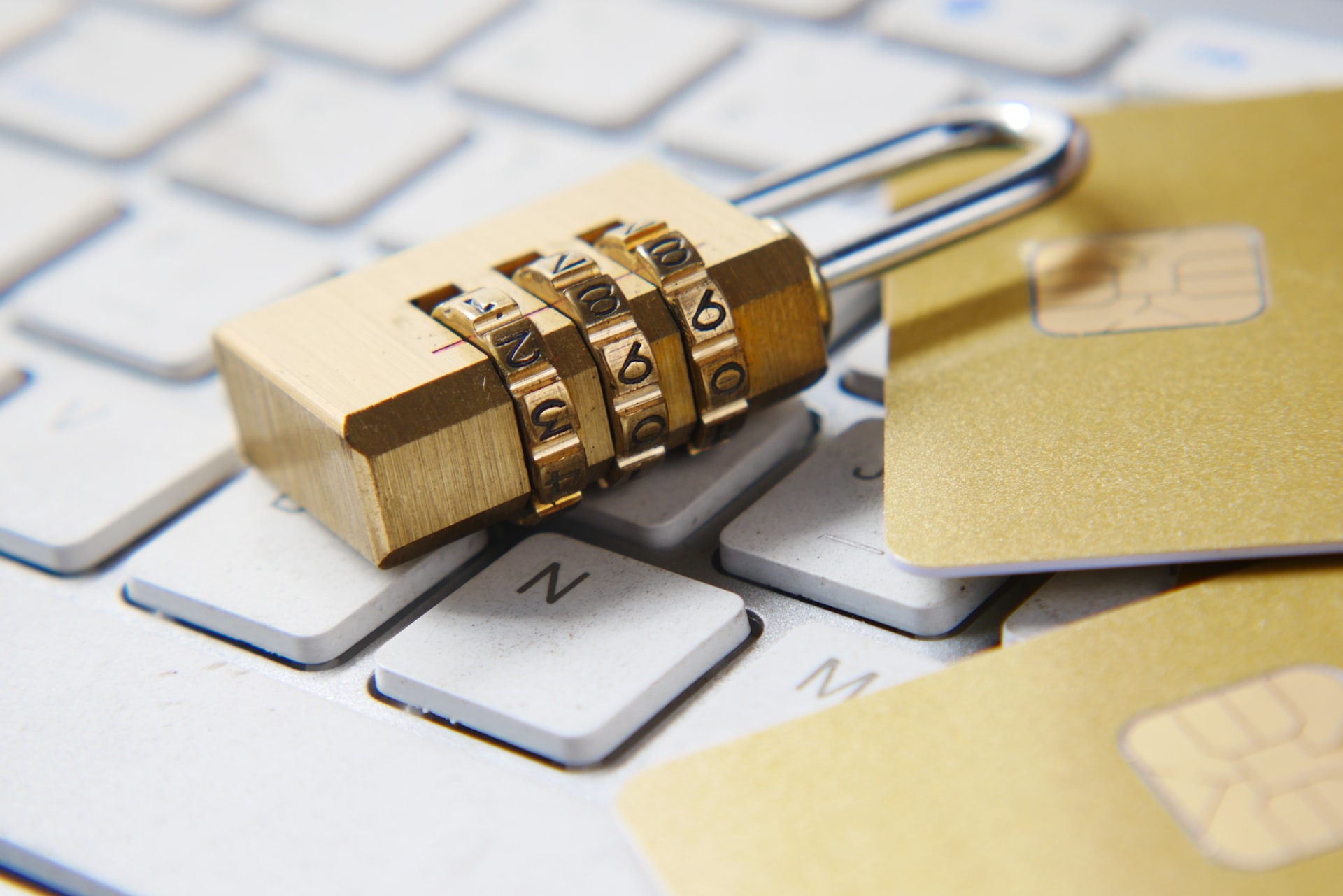In today’s digital age, protecting your network and personal information is more important than ever. With the increasing number of connected devices in our homes, securing your network is critical to keeping your data safe from hackers and cybercriminals. In this article, we’ll discuss how to optimize network security in a home environment.
Change the Default Passwords on Your Devices
One of the easiest ways to improve your network security is to change the default passwords on your devices. Many hackers and cybercriminals can easily access your network by using the default login information that comes with your router and other devices. Make sure to change the default login information on all of your devices and create strong, unique passwords that are difficult to guess.
Keep Your Devices and Software Up to Date
Another important step in optimizing network security is to keep your devices and software up to date. Hackers often take advantage of vulnerabilities in outdated software to gain access to your network. Make sure to regularly update the software on your devices, including your router, operating system, and antivirus software. By doing so, you can stay protected from known security threats and vulnerabilities.
Use Encryption to Protect Your Data
Encryption is a powerful tool for protecting your data from prying eyes. By encrypting your network traffic, you can prevent hackers and cybercriminals from intercepting and stealing your personal information. Many routers and devices now support encryption protocols such as WPA2, which can help secure your wireless network. Make sure to enable encryption on your devices and choose a strong, unique password to protect your network.
Set Up a Guest Network for Visitors
If you have guests visiting your home, it’s a good idea to set up a separate guest network for them to use. This can help prevent them from accessing your personal data and devices, and also prevent them from inadvertently exposing your network to security risks. Most routers now come with guest network functionality, which allows you to set up a separate network with its own login information and security settings.
Disable Remote Access
Many routers and devices come with remote access functionality, which allows you to access them from anywhere in the world. While this can be useful for managing your network remotely, it can also pose a security risk if not properly secured. To optimize your network security, it’s a good idea to disable remote access unless you absolutely need it. This can help prevent hackers from gaining access to your network from outside your home.
Use a VPN for Added Security
A virtual private network (VPN) is a powerful tool for securing your network traffic and protecting your personal information. By using a VPN, you can encrypt your network traffic and route it through a secure server, making it difficult for hackers and cybercriminals to intercept and steal your data. Many VPN providers offer easy-to-use software and apps that can be installed on your devices, making it easy to stay protected.
Conclusion
In conclusion, optimizing network security in a home environment is critical for protecting your personal data and devices. By following these tips, you can improve your network security and stay protected from hackers and cybercriminals. Remember to change the default passwords on your devices, keep your software up to date, use encryption to protect your data, set up a guest network for visitors, disable remote access, and use a VPN for added security. By taking these steps, you can enjoy peace of mind knowing that your network is secure and your personal information is protected.
References:
- “10 Tips to Improve Your Home Wi-Fi Security” by Kim Komando, USA Today
- “6 Ways to Secure Your Home Wi-Fi Network” by Dave Johnson, Forbes
- “How to Secure Your Home Wi-Fi Network and Keep Hackers at Bay” by Jody W. Roebuck, The New York Times
- “How to Secure Your Wi-Fi Home Network” by Neil J. Rubenking, PCMag
- “The Complete Guide to Internet Security for Home Networks” by Gary Marshall, TechRadar

